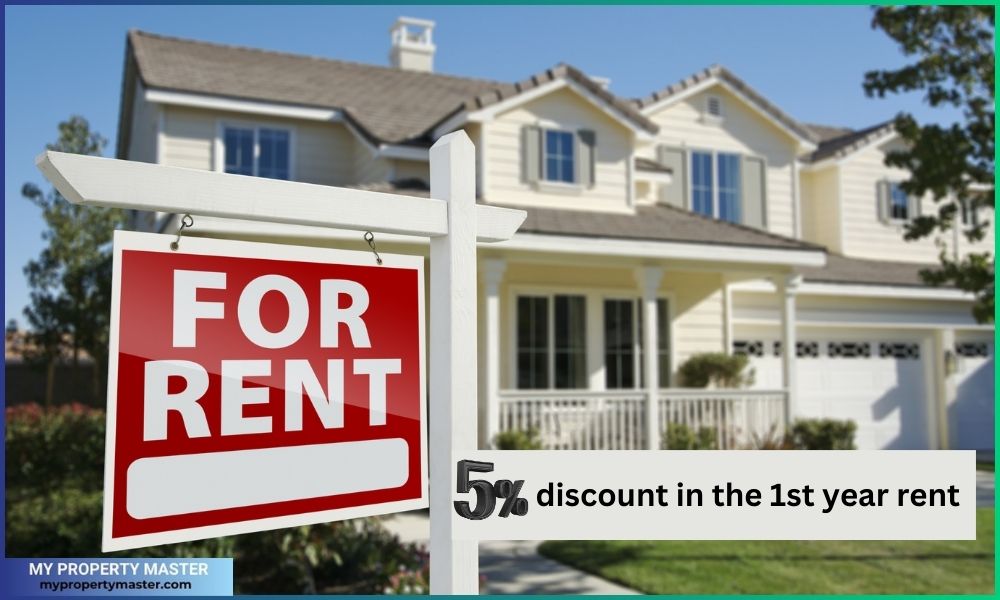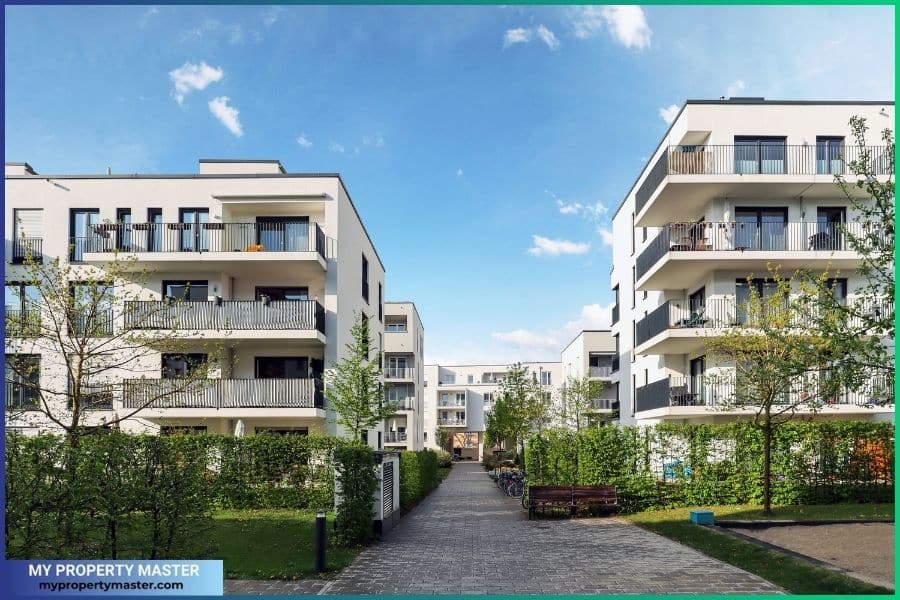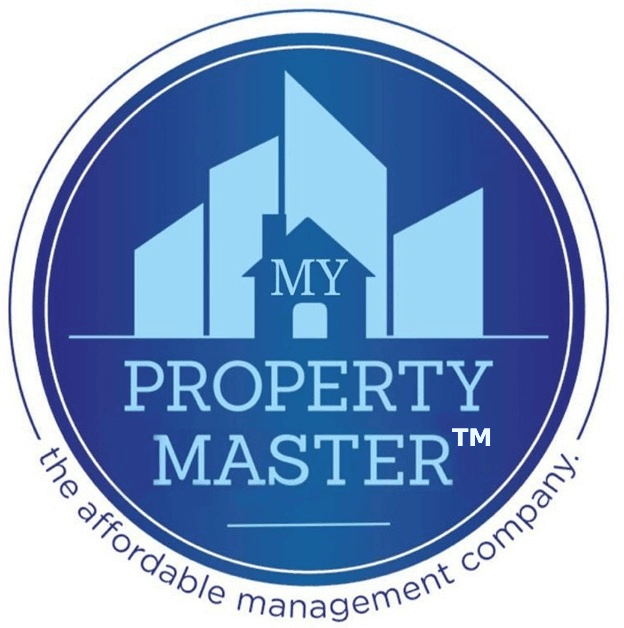Leasing a property is a common practice for many individuals and businesses. Whether it’s an apartment, commercial space, or equipment, leases provide flexibility and affordability for tenants. However, when a lease ends, it often raises questions and decisions for both tenants and landlords.
If your lease term approaches its finale, it’s time to gear up for the next chapter. The landlord or property manager will provide a notice. They generally send the notice 30 to 60 days before the lease expiration.

For many renters, renewing a lease can feel like navigating uncharted waters. Whether you’re a seasoned tenant or a newcomer to the renting scene, understanding the ins and outs of lease renewal is crucial for securing your living situation.
Understanding lease renewal

Renewing a lease entails extending your current lease agreement with your landlord or property manager. It provides continuity, allowing you to stay in your current residence for another fixed term.
As your lease term near to close, you can opt for a lease renewal. This involves you and your property manager agreeing to extend the lease under similar terms. Your property manager will draft a new lease, and all parties involved, including any roommates (if applicable), must sign this contract.
Read also: What rights do tenants have without a lease?
What is the process of a lease renewal?

If you want to renew your lease, follow the following steps. But if you’re not, go to the next section.
Timing is key
It’s essential to be aware of the timing involved in the lease renewal process. Landlords typically give tenants a notice of lease expiration well in advance, normally 30 to 60 days before the existing lease term ends. This gives you ample time to consider your options and make a decision.
Read also: How many occupants are allowed in a one-bedroom apartment?
Assessing your options and increased rent
When considering lease renewal, take the time to assess your current living situation and whether it still meets your needs. Evaluate factors such as rent affordability, the condition of the property, and any changes in your lifestyle or circumstances.
Your landlord or property manager may raise rent anywhere between 2% and 5% in the next term, especially for yearly renewal. The raised rent depends on many other factors, such as property condition, renovation, features, newly added advantages, market demand, etc. As a property management company in Rhode Island, based on our assessment, experience, and statistics, we saw an average 3% raise in the annual lease renewal.
Read also: Private landlord or property management company – which one is the best?
Negotiating lease terms
Lease renewal presents an opportunity to negotiate favorable terms with your landlord. Whether negotiating a lower rent, requesting upgrades or improvements to the property, or adjusting the lease duration, don’t be afraid to communicate your preferences and concerns with your landlord.
You may not get any lower rent if you received a rental concession in the first term. Moreover, your rent may increase by over 3% or higher to offset the extra benefit you received in the first lease.
Read also: Pros and cons of renting from private landlords
Reviewing the lease agreement
Before signing a lease renewal, carefully review the terms of the new lease agreement. Pay close attention to any changes or additions compared to your previous lease, including rent adjustments, lease duration, and maintenance responsibilities.
Read also: What should you look for in a lease agreement?
Communicating with your landlord
Effective communication with your landlord is key throughout the lease renewal process. If you have any questions or concerns about the renewal terms, don’t hesitate to contact your landlord for clarification. Open and transparent communication can ensure a smooth renewal process for both parties.
Read also: Can a landlord show an apartment while occupied?
Documenting the renewal
Once you’ve agreed with your landlord, ensure that the lease renewal terms are documented in writing. This will provide clarity for both parties moving forward and prevent misunderstandings in the future.
That’s it! This is the lease renewal process and the proper way to do it.
Read also: Why do landlords raise the rent?
What is a rental concession?

A rental concession refers to a reduction in the cost of rent offered by a landlord or property manager to attract tenants to lease a property. This concession can take various forms, such as a temporary discount on the monthly rent, waived fees, or additional amenities provided at no extra cost. Rental concessions are commonly used in competitive rental markets or during periods of low demand to incentivize tenants to lease a property more quickly.
For example, a landlord might offer one month of free rent or waive the application fee for new tenants as a rental concession. Similarly, they may provide upgrades to the property, such as new appliances or upgraded flooring, at no additional charge to entice potential renters.
Another common example is a monthly rent discount, such as 5% or $50. If the regular monthly rate is $1000, after applying the $50 discount, the monthly rent will be $950. This will save the renter $600 in a year.
Rental concessions are an effective way to attract new tenants. It’s also financially beneficial for tenants in the first term. However, landlords or property managers will try to offset the deducted amount in the subsequent lease renewals.
Tenants should carefully review the terms of any rental concessions offered to ensure they understand any conditions or limitations associated with the concession. Additionally, tenants should be aware that rental concessions may not necessarily result in a lower overall rental cost in the long term, as higher rent prices or additional fees may offset the concession once the concession period ends.
What happens to month-to-month lease renewal?

Some people prefer a month-to-month apartment lease for its flexibility. It allows tenants to move out with just 30 days’ notice. This flexibility is ideal for those with uncertain living arrangements due to job changes, relocation plans, or other life circumstances.
Additionally, month-to-month leases are favored by individuals with short-term housing needs or those who want to test out a new neighborhood or living arrangement before committing to a longer lease term. They also suit individuals with seasonal or temporary work assignments, allowing them to relocate once the assignment ends without breaking a lease.
Terms of a month-to-month lease
Renting month-to-month involves an agreement in which the tenant pays rent monthly and can terminate the lease with a shorter notice than traditional long-term leases.
When you receive the notice from your property manager, you may find a different option than a yearly agreement. It’s a month-to-month agreement. This option is generally included to keep the tenants in their rental property if they cannot decide on a long-term lease.
If you wish to renew a month-to-month lease, note that the rent, vacant notice, property features, etc., can change after each month.
Also, month-to-month rent is typically higher than the yearly agreement.
Lastly, when you decide to leave the property or change the month-to-month agreement, you must notify your property manager or landlord 30 days before.
Moving to a new apartment

If none of the above two options work for you, you have the last option to move out of your current apartment and find a new one.
If you live or want to live in Rhode Island (Providence, Pawtucket & Woonsocket) or Kent, we can help you get a new home or apartment at an affordable cost.
Getting your security deposit back
You may get your security deposit back when you leave your existing apartment.
However, there are certain conditions to getting the security money back. For example, you must fix any issues you cause, such as damaged appliances or wall holes. Also, it would help if you cleaned the apartment as you got it the first time. For detailed instructions, see maintenance tips for your rental.
If you cannot fix specific issues, the property manager or landlord will deduct the money from your security deposit, and you will get the rest. If everything is fine, you will get the full amount. You have to pay extra if your security deposit does not cover certain damages.
Anyway, if you are eligible to receive the security deposit back, you will receive it via bank check. Property managers generally use checks instead of cash to document transactions.
Conclusion
After your lease ends, you have three main options:
- Renewing your current lease (yearly)
- Renewing to a month-to-month lease
- Leaving the current home and finding a new one
Property managers or landlords generally raise rent by 2% to 5% each year. Based on our own experience and statistics, we saw an average raise of 3%.
Those who received a rental concession in the first year will get a higher rent raise in the next term/lease. Also, month-to-month rent is higher than yearly rent for the same apartment.
If you wish to move out and find a new home, you may get your security deposit back, but it’s not guaranteed because of certain conditions that I discussed in this post.
Renewing a lease may seem daunting, but with proper understanding and preparation, it can be straightforward and rewarding. By familiarizing yourself with the lease renewal process, assessing your options, negotiating terms, and maintaining open communication with your landlord, you can ensure a smooth and successful renewal experience. So, when renewing your lease, approach it with confidence and clarity, knowing that you’re making the best decision for your housing needs.






